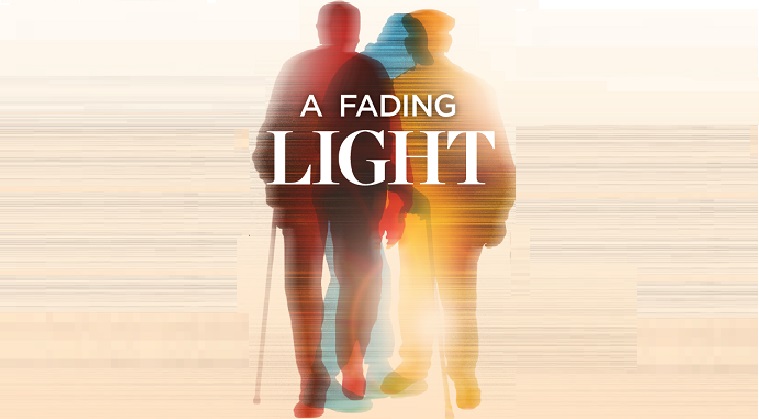A Fading Light: Chapter 7


I
believe that writing and reading our stories is the most potent form of coping for caregivers, and healing for those of us who are grieving. If reading about others who have faced similar challenges can’t take away our suffering, it can at least give us a sense of solidarity with them. To hear someone say, “I’ve been there, too,” both validates our experiences and comforts us.
Writing about our experiences is also healing. Some time ago, I read a very moving essay by the Israeli author David Grossman, who lost his son during the 2006 war in Lebanon. He examined his motives for writing about his son and then concluded — in a sentence that touched me deeply — that writing was the only way he could gain some measure of control over a situation that made him feel utterly helpless.
That sense of helplessness engulfs all of us who are caregiving or grieving. When things go well for us, we imagine that we have some control over our lives, but when disaster strikes, it quickly becomes clear that we do not. No other experience I can think of reinforces the idea so powerfully that everything is in Hashem’s hands.
Writing is a way to feel some small sense of control over our lives in those circumstances. When I wrote in my journal, worked on a memoir, and then published my novel, Griefwriting, I felt that, at long last, I was in charge of something. Even if it was just ordering my ideas and shaping my sentences, it was empowering. I could choose to express — or not express — emotions; it was my decision to put in, leave out, or elaborate upon any event I chose.
I needed to write, and so do you. Even if no one ever reads what you’ve written — which would be a shame, given the help it can provide to others — putting your feelings on paper is a way of lessening your own burdens by sharing them with an imaginary reader. It allows you to spit out some of your misery instead of hoarding it, so it doesn’t curdle inside you like spoiled milk.
Some of you may be thinking that while this may have worked for me — after all, I’m a retired English professor and author — it definitely isn’t for you. Maybe writing was your worst subject in school. Maybe you dreaded writing essays even more than going to the dentist. What you need to remember is that the process is more important than the product and that therapeutic writing is not about skill.
No one will be correcting your grammar or finding fault with your paragraph structure. It’s been successfully used to help people suffering from a wide variety of conditions, including chronic and terminal illness and post-traumatic stress disorder. Surely not all of them were gifted writers.
Therapeutic writing is about two things only: coping and healing. I urge you to try it. What follows are a few suggestions for getting started.
(Excerpted from Family First, Issue 645)
Oops! We could not locate your form.


